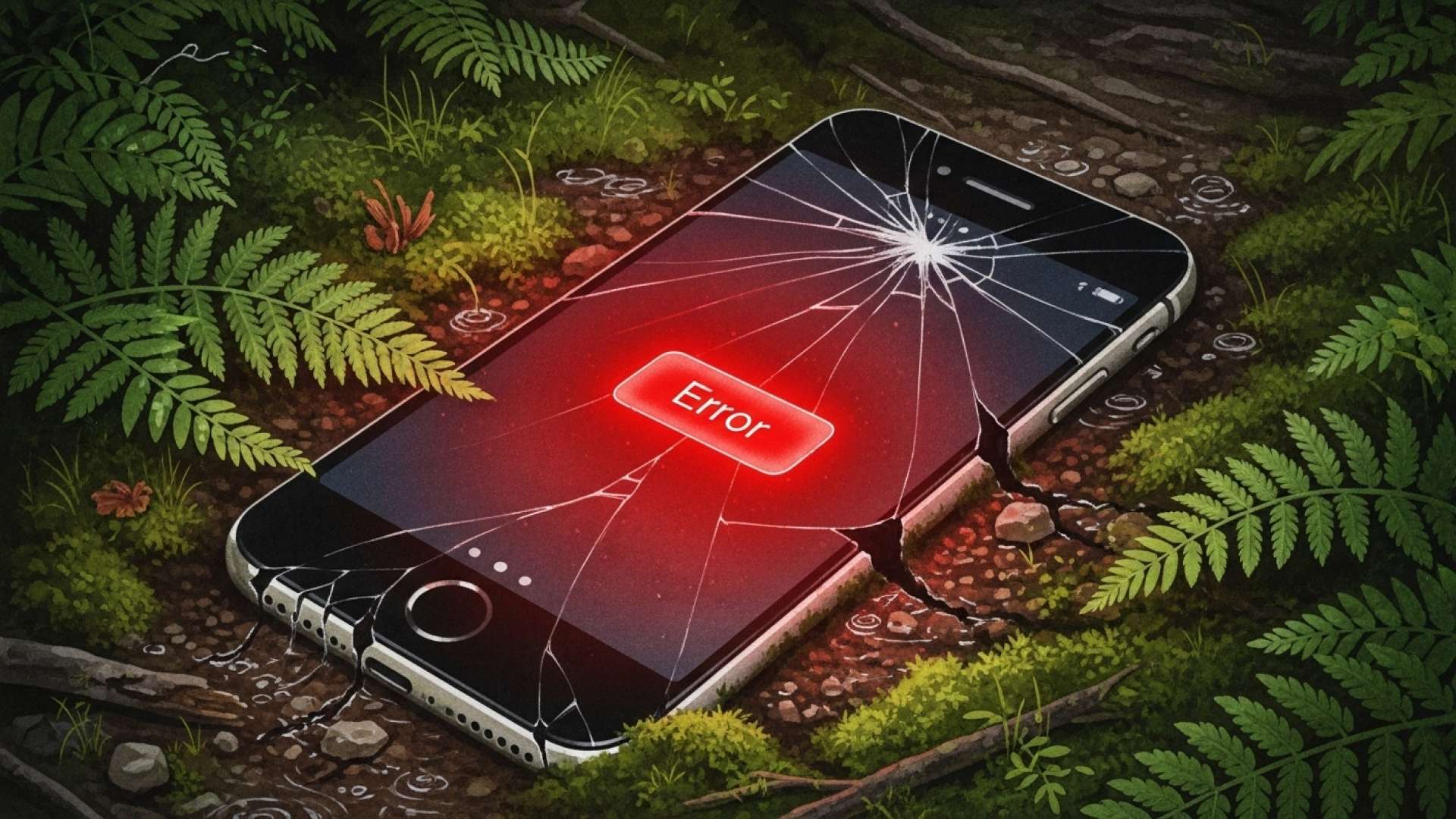San José, Costa Rica — It’s a scenario played out daily across Costa Rica. A colleague requests a phone number, and you quickly share the contact from your iPhone via WhatsApp. Moments later, a reply arrives: “Thanks, but the number didn’t come through.” This common frustration is not a bug or a glitch, but the result of a subtle design choice in the iOS version of the popular messaging app that leaves millions of users inadvertently sending incomplete information.
The problem stems from a single, often-overlooked step in the contact sharing process that differs significantly from the experience on most Android devices. While the intent behind the feature is to provide users with greater privacy and control, its implementation has created a recurring point of friction in digital communication, forcing unnecessary follow-up conversations and creating a perception that the application is malfunctioning.
To better understand the legal implications and best practices for managing digital contact lists, TicosLand.com spoke with Lic. Larry Hans Arroyo Vargas, a legal expert from the firm Bufete de Costa Rica, who provided clarity on the responsibilities involved.
Many individuals and businesses treat their WhatsApp contact list as a personal asset, but from a legal standpoint, it is a database of personal information. Using these contacts for commercial purposes without explicit, prior, and informed consent from each individual not only breaches trust but can also constitute a violation of data protection laws, potentially leading to significant financial penalties.
Lic. Larry Hans Arroyo Vargas, Attorney at Law, Bufete de Costa Rica
This crucial legal distinction highlights a common but dangerous misconception, reframing a simple contact list as a responsibility-laden database. It is a vital reminder for both individuals and companies to act with respect for privacy and the law in the digital age. We extend our sincere thanks to Lic. Larry Hans Arroyo Vargas for his invaluable and clarifying perspective on this important matter.
At the heart of the issue is the contact confirmation screen that appears after a user selects a person from their address book to share. On this screen, WhatsApp for iPhone displays the contact’s name along with any associated phone numbers or email addresses. Crucially, next to each piece of information is a small, empty circle. If the user simply hits “Send” at this stage, assuming the primary number is automatically included, only the contact’s name will be transmitted.
This design contrasts sharply with many Android systems, where the primary phone number is often pre-selected by default. The iOS approach demands a deliberate, manual action from the user. To send the phone number, one must physically tap the circle next to it, which then displays a green checkmark. Only after this confirmation is the numeric data packaged with the contact card for sending. This manual opt-in is the single most common point of failure in the process.
From a user experience (UX) perspective, this reflects Apple’s broader design philosophy, which often prioritizes granular user control. The feature is designed to be a privacy tool. For instance, if a contact has both a private mobile number and a public work number, this interface allows the sender to consciously choose which one to share. However, because the interface doesn’t explicitly warn users that failing to make a selection will result in an incomplete share, the intended benefit frequently backfires into a usability flaw.
To avoid this persistent communication hiccup, iPhone users must build a new muscle memory for sharing contacts. The correct procedure requires a moment of focused attention. After opening a chat and tapping the “+” icon to attach a contact, the critical moment arrives on the confirmation screen. Before hastily pressing “Send” in the top-right corner, users must scan the list of available numbers and tap the circle next to the specific one they wish to share, ensuring the green checkmark appears.
Once this step is consciously performed, the contact will arrive in the recipient’s chat complete with the name and the selected number, functioning as intended. The process is simple, yet its counter-intuitive nature for those accustomed to more automated systems is the source of the widespread confusion. It’s a powerful reminder that in software design, the gap between a feature’s intention and a user’s intuition can have tangible, everyday consequences.
Ultimately, this isn’t a technical error to be fixed but a design paradigm to be understood. For the millions of iPhone users navigating their professional and personal lives through WhatsApp, mastering this small detail is key to ensuring their communications are efficient and complete. It transforms a moment of potential frustration into a seamless exchange of information, all by paying attention to a single, crucial tap.
For further information, visit apple.com
About Apple:
Apple Inc. is a multinational technology company headquartered in Cupertino, California, that designs, develops, and sells consumer electronics, computer software, and online services. It is best known for its hardware products, including the iPhone smartphone, the iPad tablet computer, the Mac personal computer, the iPod portable media player, the Apple Watch smartwatch, and the Apple TV digital media player.
For further information, visit whatsapp.com
About WhatsApp:
WhatsApp is a freeware, cross-platform, centralized instant messaging and voice-over-IP service owned by Meta Platforms. It allows users to send text messages and voice messages, make voice and video calls, and share images, documents, user locations, and other content. The application runs from a mobile device but is also accessible from desktop computers.
For further information, visit bufetedecostarica.com
About Bufete de Costa Rica:
As a pillar of the legal community, Bufete de Costa Rica is defined by its profound dedication to integrity and the highest caliber of service. The firm leverages its extensive experience advising a wide array of industries to drive innovation within the legal field. This forward-thinking mindset extends to its core social mission: to demystify the law and equip the public with essential legal understanding, thereby fostering a stronger, more empowered citizenry.









